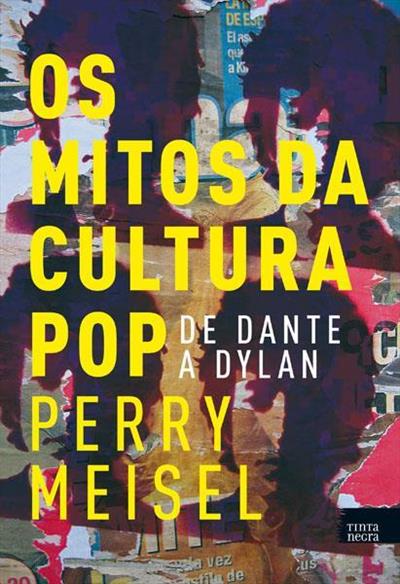ROTH, PHILIP (1933 - ), American novelist, short-story writer, and essayist, whose work reflects the problems of assimilation and identity among American Jews. Like Saul Bellow and Bernard Malamud, with whom he is usually linked as a chief interpreter of the Jewish-American experience, Roth is a major figure in contemporary psychological realism. However, much of his later work explores the nature of sexual desire and self-understanding through literary techniques borrowed from the fantastic and the grotesque. The formal trademark of Roth's fiction is the confessional monologue, told with a riotous humor and hysterical energy most often associated with the hero and narrator of his best-known novel, Portnoy's Complaint (1969).
Roth was born in Newark, N.J., on Mar. 19, 1933. After graduating from Bucknell University in 1954, he taught literature at the University of Chicago until 1957. He then left teaching to review film and television for The New Republic. From 1960 to 1962 he taught at the Writers' Workshop at the University of Iowa and was writer-in-residence at Princeton from 1962 to 1963. In 1959 Roth published his first book, Goodbye, Columbus, a collection of short fiction that received the National Book Award in 1960. His other work includes the novels Letting Go (1962), When She Was Good (1967), The Breast (1972), The Great American Novel (1973), My Life as a Man (1974), and The Professor of Desire (1977); the political satire Our Gang (1971); and a collection of literary criticism, Reading Myself and Others (1975).
Although Roth was hailed as a major new literary voice throughout the 1960's, the frank sexuality and the sarcastic treatment of Jewish life in Portnoy's Complaint created a furor in literary circles, alienating some of Roth's earliest admirers even as it established him as a novelist of power and originality. In the years since Portnoy, Roth's fiction has taken a darker and more difficult turn, questioning not only the causes of personal unhappiness but also the psychoanalytic terms by which it is addressed in modern culture.
PERRY MEISEL



